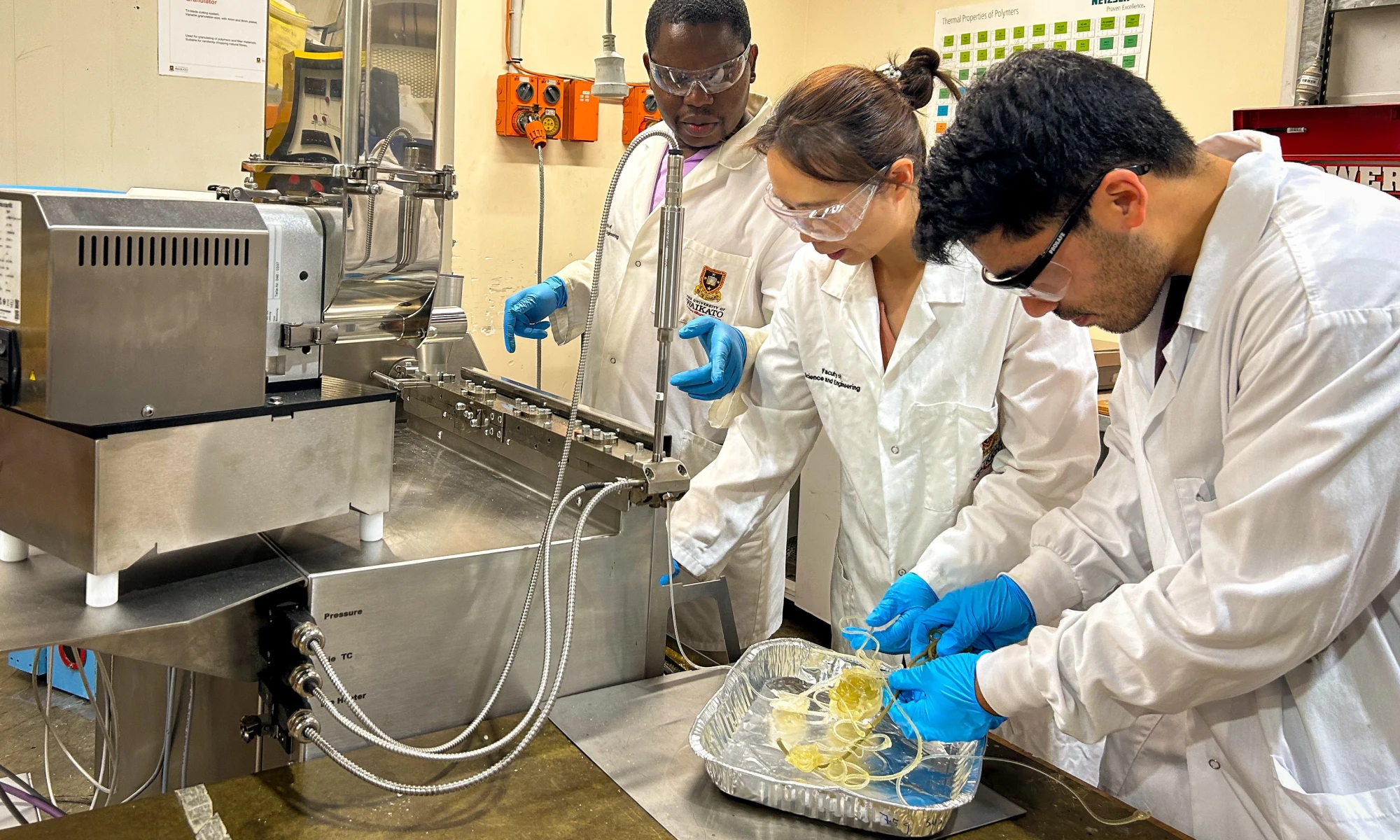Materials and Process Engineering

Beginning in 2026, the Materials and Process Engineering programme is now offered as Materials and Manufacturing Engineering.
Hamilton
Contact us
International Enquiries
Monday – Friday NZT 1pm – 2am
School of Engineering
School of Engineering, The University of Waikato, Gate 8, Hillcrest Road, Hamilton, New Zealand